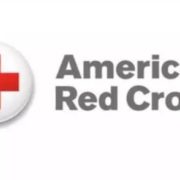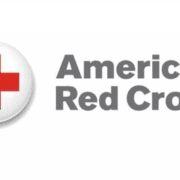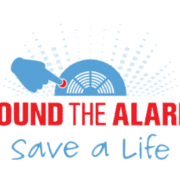Reminder: Turn Back Clocks, Test Smoke Alarms This Weekend
-information courtesy of American Red Cross
As daylight saving time ends on Nov. 6, the American Red Cross reminds people that it’s also a good time to test smoke alarms to stay safe from home fires.
“Home fires claim more lives in a typical year than all natural disasters combined, but working smoke alarms can cut the risk of dying in a home fire by half,” said Barry Porter, Regional CEO for the American Red Cross Eastern North Carolina region. “The sooner an alarm alerts you to a fire, the sooner you can get out. When you turn your clocks back this weekend, also test your smoke alarms to help prevent a tragedy in your home.”
Over the past month, local Red Cross volunteers responded to help 306 people suddenly displaced in Eastern North Carolina affected by 100 home fires, which account for most of the more than 60,000 disasters that the Red Cross responds to annually across the country.
When turning your clocks back this weekend, test your smoke alarms and replace the batteries if needed. Visit redcross.org/fire for more information, including an escape plan to create and practice with your family, or download the free Red Cross Emergency app by searching “American Red Cross” in app stores.
- Install smoke alarms on every level of your home, including inside and outside bedrooms and sleeping areas.
- Replace smoke alarms that are 10 years or older. Components such as sensors can become less sensitive over time. Follow your alarm’s manufacturer instructions.
- Practice your two-minute home fire escape plan. Make sure everyone in your household can get out in less than two minutes — the amount of time you may have to escape a burning home before it’s too late.
- Include at least two ways to get out of every room and select a meeting spot at a safe distance away from your home, such as your neighbor’s home or landmark like a specific tree in your front yard, where everyone can meet.
Since October 2014, the Red Cross Home Fire Campaign with community partners has saved at least 1,414 lives — including 43 in North Carolina — by educating families about fire safety, helping them create escape plans and installing more than 2.4 million free smoke alarms in high-risk neighborhoods across the country. Visit redcross.org/homefires for more information.
The Red Cross Home Fire Campaign is made possible with generous financial donations from our North Carolina’s statewide presenting Sound the Alarm sponsor Blue Cross and Blue Shield of North Carolina.





